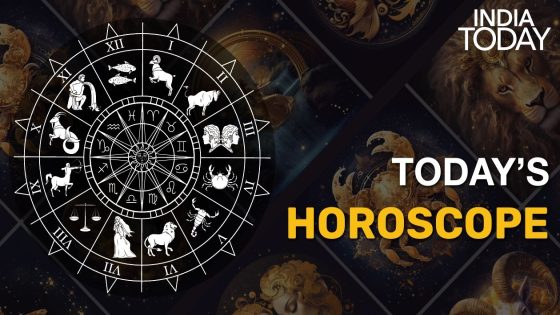Joan Okemow watched both her parents suffer the trauma of residential schools and the impact of alcoholism.
“That was normal, because we saw it every day,” she said, adding she herself started drinking at the age of 10. “It was normal for me to do the same thing. So I became an alcoholic.”
The dysfunctional patterns of her childhood would play out in her own parenting.
“I didn’t even know that I didn’t even know how to love my children, because my parents never said I love you or hugged me,” she said.
That alcoholism had her in its grip until she hit her 40s and dedicated herself to sobriety.
“One day, I just woke up. It was like waking up one day and thinking, you know, there’s a better way of life. There’s gotta be a better way.”
It took years for her to open up and tell her children that she loved them, but she didn’t have the same reservations with her own grandchildren.
“It’s just a different kind of love. It just melts your heart.”
Unlike her generation, however, the dangers surrounding those children are much more fierce than alcohol, with crystal meth and opioids claiming lives prematurely, she said.
She likened the drug crisis in the Indigenous community to the HIV/AIDS crisis that orphaned countless children in Africa.
“This is our pandemic in Canada, and that’s the reason why we stepped up as parents for our grandchildren,” she said. “Because there’s nobody there for them.”
I didn’t even know that I didn’t even know how to love my children because my parents never said I love you or hugged me.– Joan Okemow
She’s now raising three grandchildren and one great-grandchild, all of whom know her as their mama. She’s trying her best to be a bulwark for them, to shelter them from the pangs of hunger and dysfunction that she faced herself as a child of residential schools.
“We want to turn this around. My grandchildren, they deserve better than their parents,” she said, adding she can only pass on the lessons she’s learned, and the rest is in the Creator’s hands.
“You can only take them so far and they have to take themselves the rest of the way.”
Passing on the lessons of her grandparents

Danielle Ewenin’s warmest memories are of spending time with her own grandmother in a tiny house on Piapot First Nation.
“I remember being a little child and my kookum waking me up in the middle of the night to come and sleep in the only bed in the house,” the 64-year-old Regina grandmother said. “I always wanted to be the grandmother that my kookum was to me.… just being soft and warm and cared for and cherished.”
Faye Robinson stepped up to help raise 14 grandchildren in her Saskatoon home after her adult children struggled with addictions. Decades of intergenerational trauma and compounding drug use are seeing her, along with many other Indigenous grandparents, step in to care for their grandkids.
Ewenin was already raising four of her grandchildren when her son’s partner passed last December of heart failure, leaving behind four more children. While she is not their biological grandmother, she is intent on bringing those four orphaned children to stay with her and the family under one roof, once she finds a place to rent that can accommodate the whole brood.
Her father had taught her the first law is love above all, and that’s her guiding principle now as a grandmother.
“You find the strength, you just do what needs to get done,” she said. “The more you have, the more you’re expected to give and not just materially, but of your own gifts and your own strength.”
She sings every morning to wake up her grandchildren, and teaches them to see their own intelligence, beauty and inner strength.
“The only way I can actually wake up is if she sings to me,” says her 19-year-old granddaughter Brenna Roundsky. “I can’t wake up really that well unless she does that.”
Her grandmother has taught her everything from traditional knowledge to the power of activism, and given her a vision of herself leading change across Turtle Island.
She said she owes her life to her grandmother.
“All the children we have, all our youth, they’re just seeds, that’s what our grandmothers are here for. We all need to grow, and we need each other for that.”
A woman who made him into a good man

Isaiah Rosling’s grandmother Lillian Asoon may no longer be alive, but he still feels the presence of the woman who taught him how to be a good person and a good man.
“When I was four years old, my parents were unable to take care of me. So my mom left me with my kokum,” he said.
“She took care of me. She brought me up in a Christian way.… I believe if it wasn’t for her, I wouldn’t be who I am today.”
He said women like his grandmother have lessons to teach young men about how to be “respectful, honourable, honest and someone to depend on.”
Throughout his young life, his grandmother would be there to feed and fatten him up, or would come out to watch his football games, screaming his name while she watched him on the field.
Now, he cherishes those memories, and the memories of how her love extended to the tiniest creatures, filling the hummingbird feeder in her yard.
“Every time I see [a hummingbird], I just think about kokum.”
If you or someone who know is struggling with substance use:
Source Agencies



